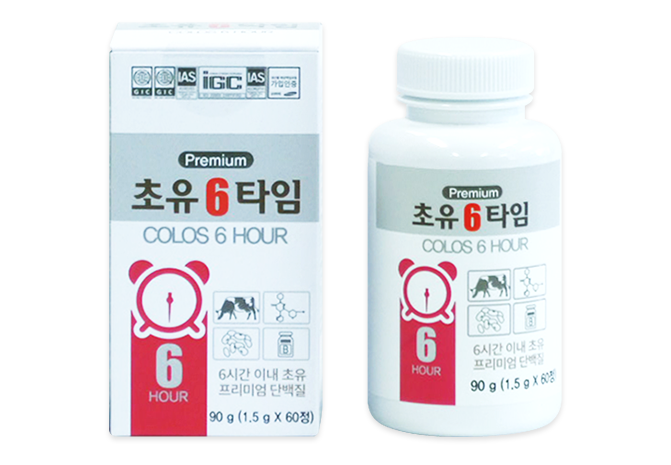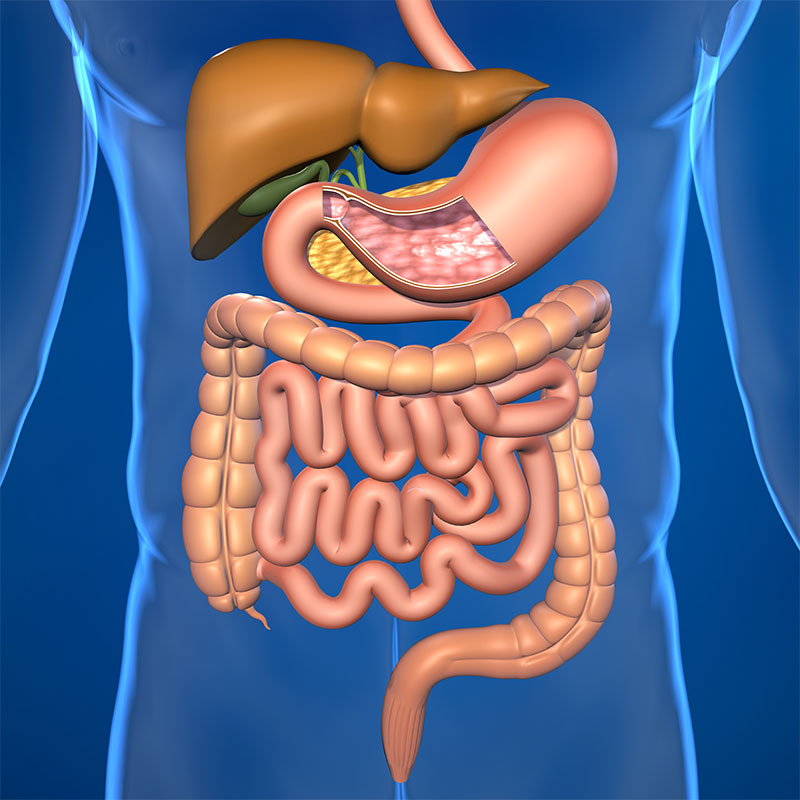| · Constellation |
A yellowish white tablet with a unique flavor and no off-flavor |
| · Standard |
90g (1.5g x 60 tablets) |
| · Ingredient |
Fructooligosaccharide, colostrum protein powder, yogurt powder, magnesium oxide, whey protein powder, yogurt flavor powder, isolated soy protein powder, silkworm cocoon protein hydrolysate powder (silk peptide), mistletoe extract powder, whey calcium, skimmed milk powder, zinc oxide, lactic acid bacteria mixed powder (17 types of mixed lactic acid bacteria 200 billion), other processed products (fermented high oligosaccharide peptide powder), vitamin B6 hydrochloride, vitamin B2, vitamin B1 hydrochloride |
| · Usage |
Take 1 tablet twice a day by chewing. |
| · Function |
May help enhance immune function, prevent diarrhea and constipation and help suppress harmful bacteria, may help with growth and brain development, may help with fat decomposition, may help with antibacterial action, suppress harmful bacteria and increase beneficial bacteria, may help with bowel movements and intestinal health |
Product Features
What is a super milk?
In all mammals that breastfeed, as well as in humans, a small amount of milk is secreted for 3-5 days immediately after birth.
- Immune aggregates, a lump of immunoglobulins that block bacteria and viruses: Contains lysozyme, lactoferrin, and cytokines that kill bacteria
- Rich in growth factors that create bones, muscles, etc.: Newborn babies have a hard time overcoming the bacteria they encounter for the first time, so before they develop their own immune system, the immune substances in breast milk they receive from their mothers protect the baby
- Since human colostrum cannot be commercialized, only cow's colostrum is an alternative for immunity: Compared to regular milk, colostrum is much richer in immune substances (rich in antibody ingredient IGG)
The only food that can provide immunoglobulin IgG is colostrum.
-
Characteristics of Colostrum
- Enhanced immune function: Contains various immune ingredients such as immunoglobulin
- Intestinal function: Prevents diarrhea and constipation, inhibits harmful bacteria
- Growth promotion: Contains various growth substances such as growth factors and growth hormones
- Brain development promotion: Contains fatty acids that are good for brain development
- Nutritional supply: Balanced nutrition supply of 97% of necessary nutrients
Immunomodulatory substances
Thymosin (alpha and beta chains). A hormone consisting of two protein-based chains that exist separately in the bovine colostrum.
The chains work independently or in tandem or in concert to stimulate the activation, development, and maintenance of the immune system.
Proline-rich peptide (PRP). A small protein, like a hormone, that acts on the thymus and other organs involved in the immune system to prevent them from overreacting to insults.
Cytokines. Small proteins produced by various cells in the body that induce the production of specialized types of white blood cells that come to the site of insult and signal them to aid in their passage through the tissues.
Lymphokinesis. Proteins of various sizes produced by different types of white blood cells that refer to related cells that transform themselves into more functional cell types that can release substances that can destroy invading microorganisms.
-
Intestinal protective substances
Immunoglobulins (IgG, IgM, IgA). Complex proteins, better known as antibodies, make up a significant portion of the proteins found in complete first milk colostrum.
These antibodies are produced by the mother's immune system in response to her exposure to many different microorganisms during her life and are transferred to the colostrum before the calf is born.
These antibodies offer protection against bacteria, viruses, and fungi that infect the human gastrointestinal tract.
Transfer factors. Small proteins produced in response to the body's exposure to a specific type of microorganism, such as the bacteria that cause tuberculosis, which reside in deep tissues for long periods of time.
They are carried inside specific types of white blood cells that are specific and specialized for that particular microorganism. Transfer factors have a limited effect on the body's defense against infection by such microorganisms alone.
However, they act together with various white blood cells and other factors in an attempt to keep the microorganisms under control.
Lactoferrin. A mineral-binding carrier protein that binds to available iron. Certain aerobic (growth in the presence of oxygen) bacteria, such as E. coli, require regenerative iron and therefore act in the presence of certain antibodies, such as lactofen, an effective substance, in the intestines.

